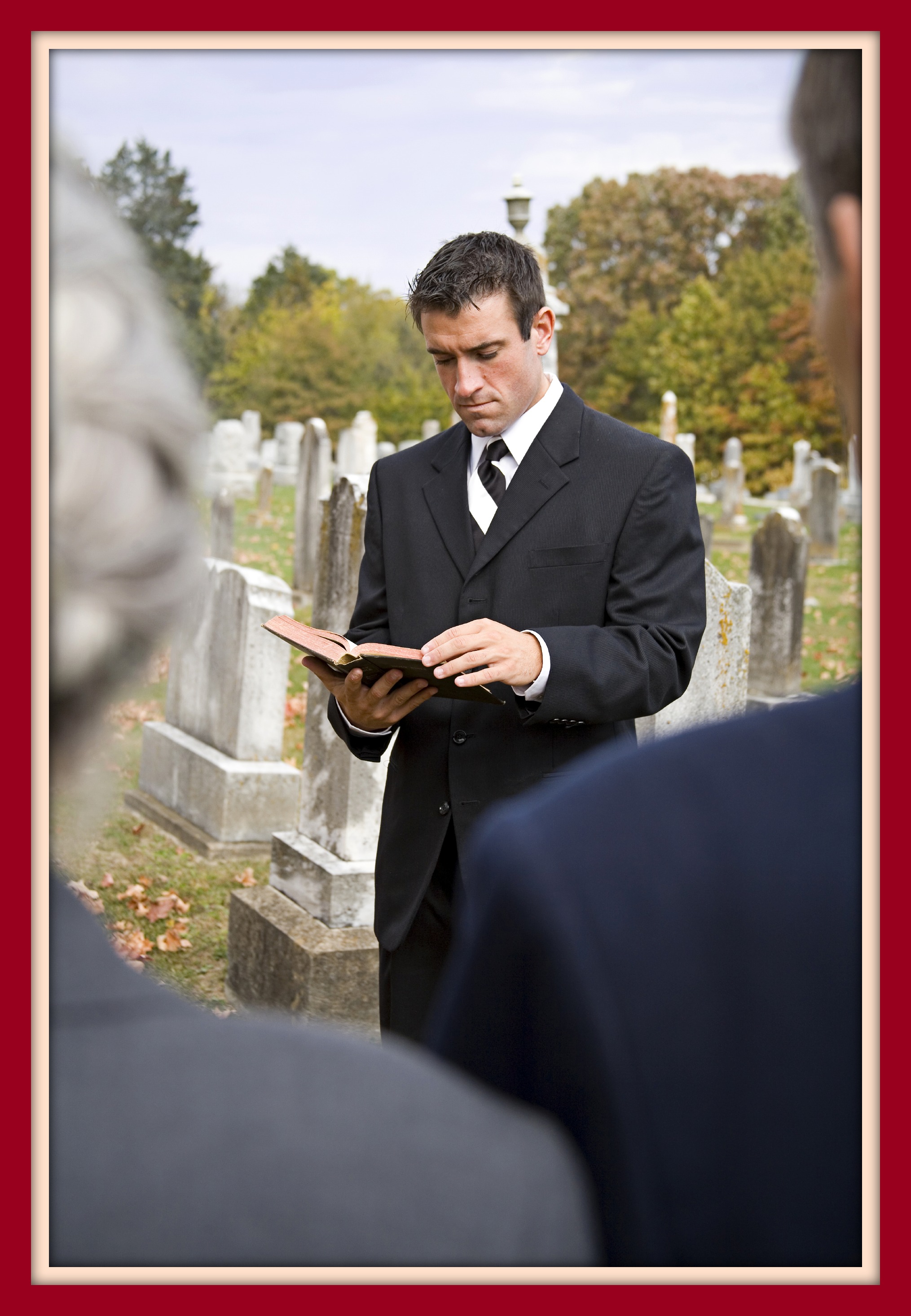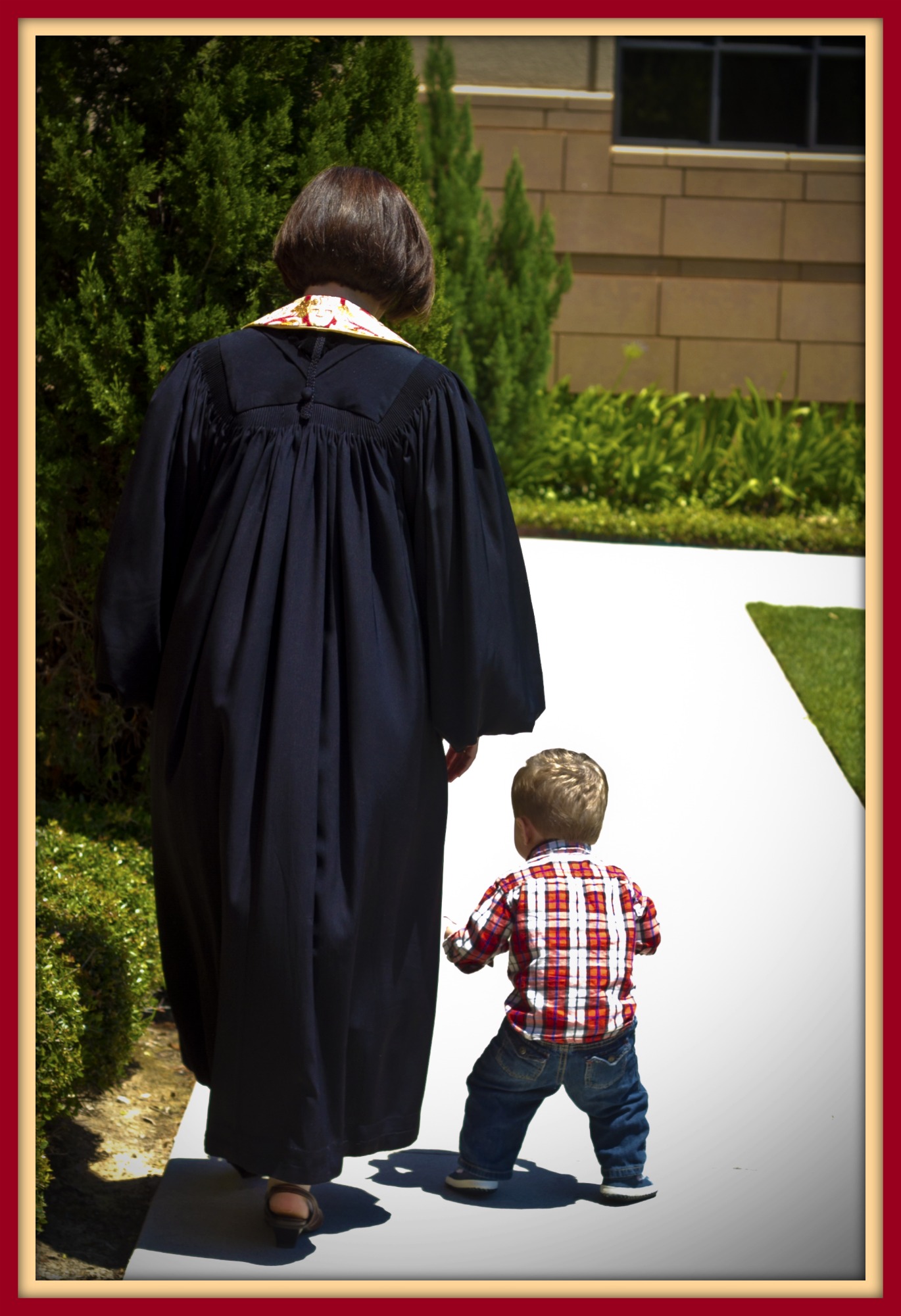“I’ll be watching you in the checkout line.”
The voice made the hair on the back of my neck stand up. I was in the frozen foods section of a grocery store early Sunday evening, gazing unsuspectingly at the multitude of potatoes. Hashbrowns or fries? Russet or Sweet potato? Julienned or …
“I’ll be watching you in the checkout line.”
The male voice behind me was teasing, mocking. I turned slowly to see a strange man standing behind me. No one else was anywhere in view. For a second I gripped my purse and wondered how loudly I’d have to scream to get the attention of the people all the way up at the front of the store.
I’ll admit that the impulse of fear in me was lying close to the surface. I had graduated from seminary just weeks earlier and moved across the country back to Houston. I left a house full of four close roommates and moved to an empty, four-bedroom parsonage where I was living by myself for the first time in my life in a part of town that seemed to show up on the news every night of the week. And not for fuzzy, human-interest stories, let me tell you. Each night I checked and double checked the locks on my doors. I would lie in bed, unused to the quiet, counting the weeks until the security system I had asked the church trustees for would be installed.
Just this morning I had preached my first sermon as a bona-fide Associate Pastor. We were in a series on The Ten Commandments and the Senior Pastor had graciously switched the order so I, their 28-year-old, single, female pastor didn’t have to introduce myself with “Thou shalt not commit adultery.” (Awkward!) Instead, I preached on “Thou shalt not steal.” It had gone pretty well. People seemed warm and welcoming. But they were still strangers to me. This place was not yet home.
Now, here I was in a public place, being approached by a man I had never spoken to before, and he was promising to watch me in the checkout line. Creepy.
Before I could scream or move or think of a response, he continued with a follow-up line that confused me: “You know, like in your sermon this morning?”
It took me a full minute with a dumbfounded look on my face to connect the dots of stranger-danger with a story I had told in my sermon just a few hours before.
I was a pretty good kid growing up. The only personal story I had to connect with the “Thou shalt not steal” commandment had to do with an incident in a grocery store. I was five years old. I wanted a toy from the checkout line. My mom said no. I forgot to put it back and only realized it was still in my hand when we were walking through the parking lot. I stuffed it into my pocket and lived with my crime buried deep inside, hiding the toy at home and living in fear that someone would find it and know I was a thief. I went on to talk about how even the smallest sin can bury us in shame.
Suddenly the twinkle in this man’s eye became apparent. “I’ll be watching you in the checkout line. You know, like in your sermon this morning? You have a history of crimes in grocery stores!” He laughed and approached with a friendly, outstretched hand. “I’m Bob. I was at the 11:00 service. Hope we’ll be getting to know each other soon.”
Relieved? Yes.
Safe? No.
That was my first taste of a danger that is inherent to ministry. Preachers know it’s important to be personal in our messages. We want to offer a bit of ourselves when we speak and write. It’s important that we let the Scripture speak through our own experiences – so we tell personal stories, hoping the listeners will feel that God’s Word is supposed to be personal, and let it soak into places that are personal for them.
But lots of people aren’t aware that while they’ve been listening and developing a feeling of closeness to us, we haven’t had the same chance to grow close to them. They start off in an introduction with more information about us than we will gather about them in months of casual conversation. And the inequity of that feels a little… odd. Like people who asked very, very personal questions about my pregnancy when I didn’t know their last name. Or others who shared way TMI about their own breastfeeding experiences (seriously? until the kid was 7 years old?), or their sex lives after their babies were born, or … well, you just don’t want to know. The larger the church the tougher this problem becomes. Smaller communities have a little more feeling of authenticity. Now imagine the vast community of the internet.
So I’m confessing. I’m afraid of transparency. I really want the stories I tell here to do their job. I want to speak to you like a close friend, like I’m talking right to you. I want you to know me. And at the same time I’m afraid of you knowing me.
I’ve held back in my ministry-world, keeping some things to myself, maintaining a professional distance for my own sanity. I know this issue isn’t unique to pastors. Some of you have been there too. It’s OK not to expose everyone to all of your problems when your job is to take care of theirs. But at times I’ve overdone it, holding back behind a professional facade to protect myself. I’ve even used professionalism as an excuse sometimes to put distance between me and the people who could have cared for me in times when I really needed support, but I didn’t want anyone to see just how vulnerable I really was. Holding back my own struggles from my community has made me feel inauthentic. Opaque.
So I’m experimenting with transparency here. A toe in the water. We’ll see how it goes. I’ve already revealed more about a tough part of my life in one sentence on the “About” page of this blog than I told most of my church for three years. I feel a little panicky about that. Like being snuck up on in front of the frozen foods.
So, please, go easy when we bump into each other in the grocery store. Remind me who you are again. Tell me a little about you before you jump into my business, even though I’ve voluntarily let you all up in it here. Let me get my bearings in this new world where you know me. And please, help me know you too.
How transparent are your pastors or church leaders? What do you think that level of transparency does for the people in the community? What do you think it does to them?



